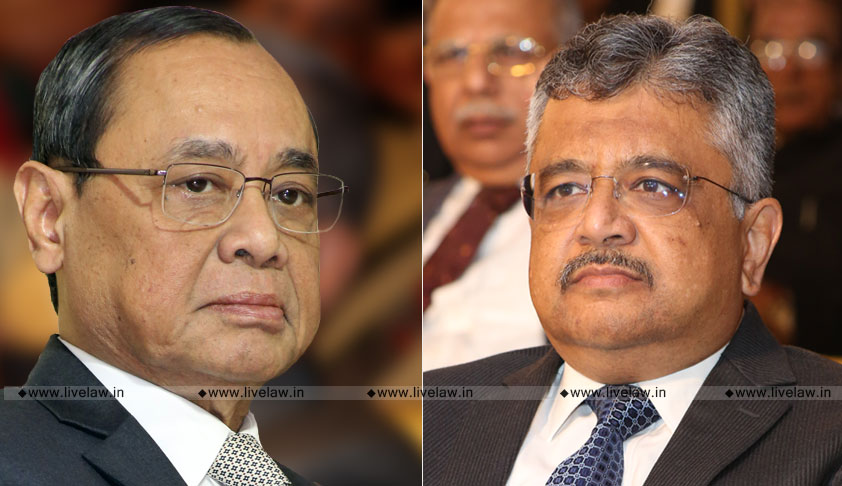CBI Vs CBI: What Prompted The Overnight Decision Against Alok Verma, Asks CJI?, SC Reserves Order
MEHAL JAIN
6 Dec 2018 5:18 PM IST

Next Story
6 Dec 2018 5:18 PM IST
“The factors that prompted the CVC to take the decision ON CBI Director Alok Verma did not happen overnight. If you had tolerated them since July, then what the reason for this immediate action suddenly without which the institution would have crumbled and fallen?”, Asked CJI to SGResuming his submissions on behalf of the Central Vigilance Commission (CVC), Solicitor General Tushar...
